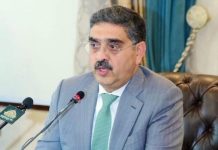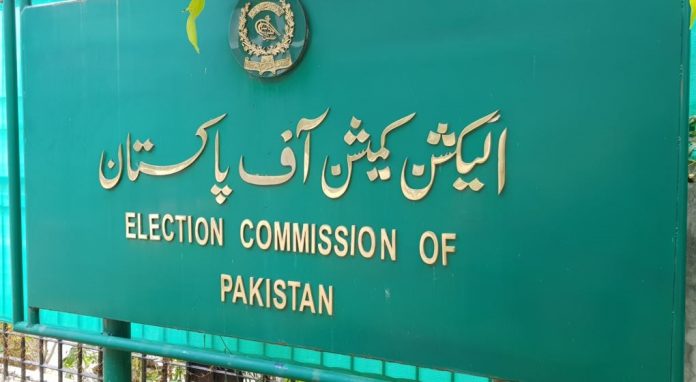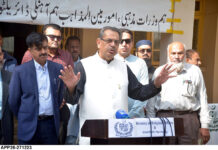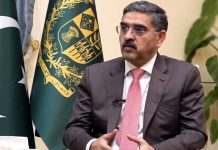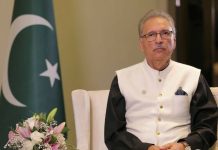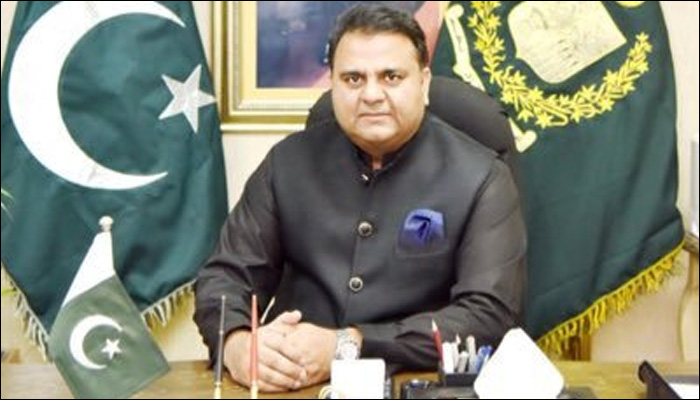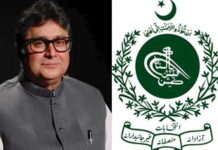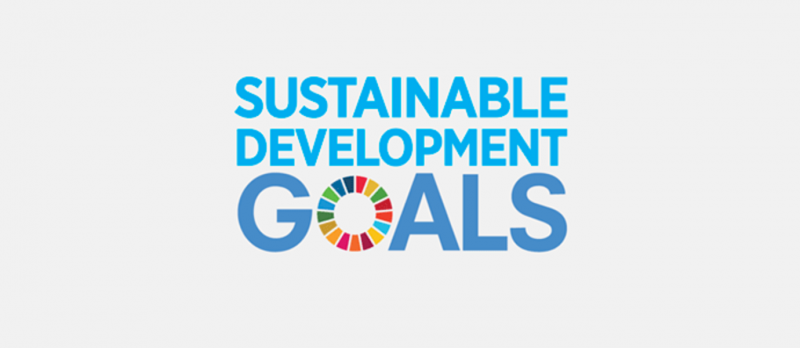
Inspired from the idea of farming, given by Bill Gates, founder of Microsoft Corporation, Twenty one years old Saima has become a role model for many of her university fellows as she has become a successful entrepreneur by employing her educational qualification of farming techniques into her business. Saima who lives in Kunal Nasheeb, Union Council Jakkhar, District Layyah, has a family of five siblings including her two younger brothers and one younger sister and her father and mother. Despite belonging from a middle class family, Saima is studying in 4th semester of a 4 year degree program BSC (Hons.) Agriculture from Bahadur Campus, Sub campus of Bahauddin Zakariya University in Layyah.
To meet her educational expenses and to share the financial burden of her father Saima decided to start a business of livestock of which she has initial understanding because of its relatedness with studies. But the main issue was the arrangement of initial capital investment. She along with her father went to Karobari Rehnumai Markaz (KRM) established by Awami Development Organization, a non-government organization established with the partnership of Pakistan Poverty Alleviation Fund (PPAF) in Union council Jakkhar, in order to apply for the loan.
Mr. Ghulam Qasim, Credit Officer told that Saima was given all the information about acquisition of interest free loan for a layer farming small business. After receiving the loan worth 20,000 rupees, Saima purchased a layer farming guide from market and then purchased layer hens and arranged a suitable place for them in her house. Her father also supported her in getting all the needful and desired information.
After a few months, she started selling the eggs but she got a little demotivated because the local market was not yielding much profits for her as she planned. Her father uses to go to Layyah City, there he made a contract from a wholesaler and promised to supply the eggs. The wholesaler offered good price per egg than of the local rural market. Saima now a days has been selling about 3 dozen of eggs per day. She has a handsome sale volume about 10,000-11,000 per month and out of which she can earn almost 7000 Rs/. Profit per month. She has collected 28,000 Rs/ in the previous four months and her sale volume has risen with the passage of time.
Saima says that she has 100 chickens right now. Her short-term plan is to save money so that she could set up a big hatchery and earn more money to pursue her education. She said that with the earning from selling eggs, she has not only repaid the loan but also paying her university dues. She told that her university friends were also inspired from her business and her 7 friends were planning to start businesses of dairy, livestock and farming in Laddhar, Uncion Council of Tehsil Layyah. Saima Kanwal’s story is a true depiction of how creating opportunities for young women can propel them into creating successful, self-oriented businesses, which UN’s SDG 5, aimed at fighting gender inequality, particularly focuses on self-development. Saima shared that she wanted to do M.Phil. on scholarship after completing his degree so that she could play a positive role in contributing agriculture sector of Pakistan.
Saima says that women are second to none and the most important qualities that anyone needs to be self-sufficient are courage, self-esteem, dignity, persistence and consistent planning.
Gullam Mohammad, 65, father of Saima Kanwal says that her daughter is a very courageous girl and he is very proud of him. He said that Saima utilized the solar panels, distributed by Punjab government in schools, for the provision of electricity to the small hatchery. He told that Saima plans to buy a macro hatchery of around 500 to 1000 eggs from Faisalabad. He said that girls should come forward and apply their technical education in their own businesses if they are unable to find jobs.
Qazi Asmat Esa, Chief Executive Officer (PPAF) told that PPAF has received 235 nominations for Award and out which 33 people got the award. Saima Kanwal has also received Citi Microentrepreneurship Award in the special category of Young Entrepreneurship by Pakistan Poverty Alleviation Fund and was awarded with the prize money of 0.2million rupees. He said that PPAF aims to enable the young girls to earn a respectable livelihood.
Qazi Asmat Esa told that the nominees for the awards underwent a two-day training on marketing and financial management that further improved their enterprises. The winners were selected from the shortlisted nominees after a detailed interview by eminent jury panels drawn from corporate and development sector organizations including International Finance Corporation World Bank Group, FAO, and Pakistan Microfinance Network.
The Citi Microentrepreneurship Awards programme was first launched in 2005, quickly becoming a signature initiative of the Citi Foundation. It is aimed at raising awareness about the significance and benefits of microfinance in supporting financial inclusion and economic empowerment of low-income groups. The programme was implemented in nearly 30 countries last year, going on to becoming a resounding success. It also raises awareness of how the Citi Foundation supports microentrepreneurship as an enabler of economic growth and job creation in communities around the world, and showcases how microentrepreneurs are contributing to global progress and the Sustainable Development Goals (SDGs).



